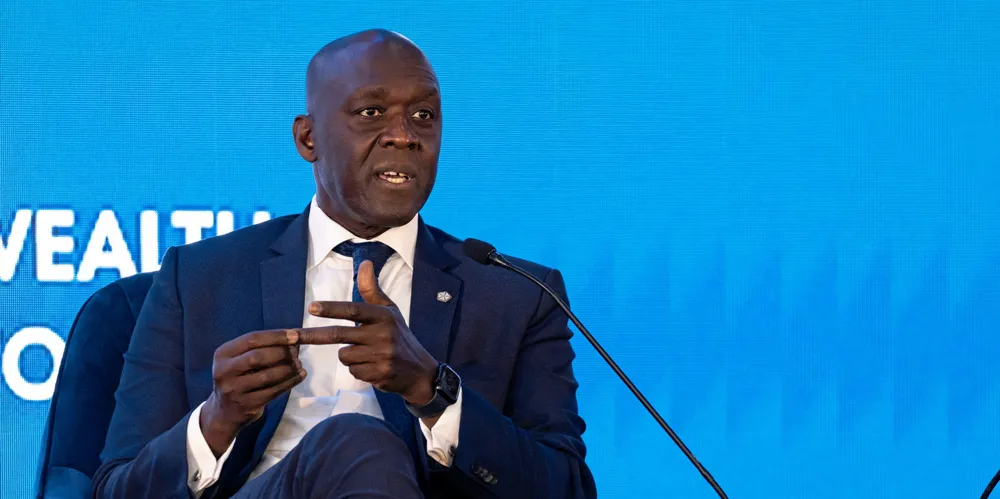Clean energy spending in emerging and developing nations must triple: IEA
To meet Paris climate goals investments should reach $2.8 trillion in early 2030s and public and private finance need to blend, International Energy Agency and World Bank unit say in joint report
